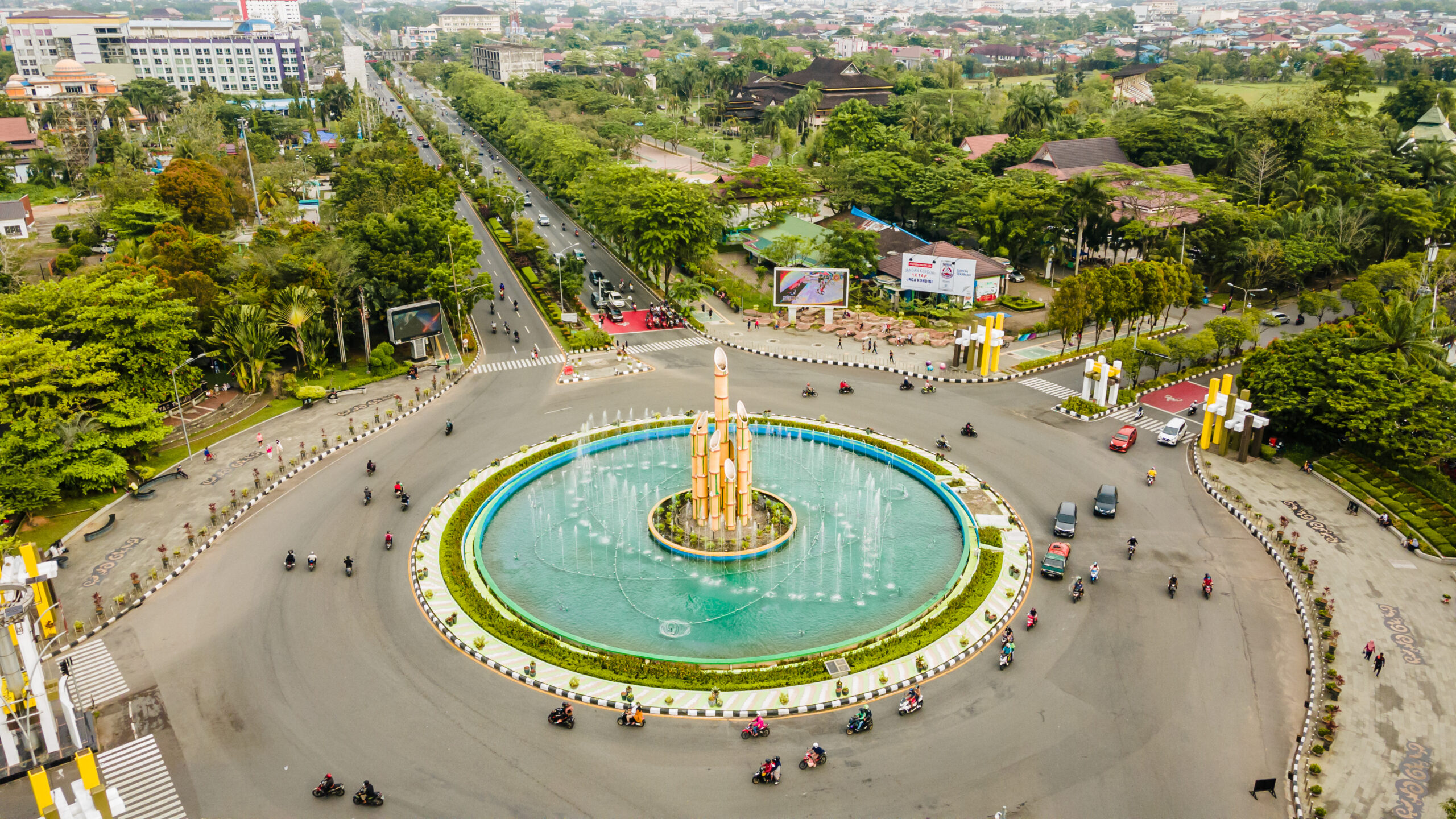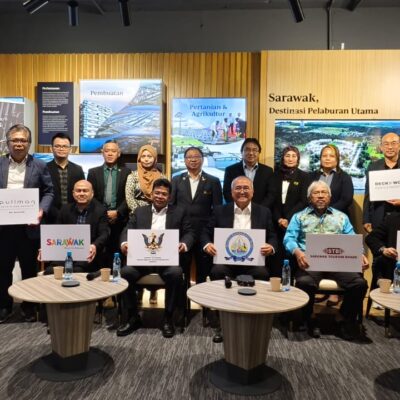by Sarah Wong Jing Yuan & Gary Stanyard
Jakarta may be sinking, but Nusantara will rise.
In 2019, President Joko Widodo announced his plans to relocate the capital of Indonesia from Jawa to east Kalimantan, finally fulfilling a long-anticipated goal of Sukarno’s presidency. Nusantara is its name, and achieving Net Zero is its aim, according to the Chairman of the Nusantara Capital Authority in the South East Asian Development Symposium (SEADS) earlier this year. “Nusantara will be a forest city,” he highlights. “A model city that is green, smart, inclusive, resilient and sustainable.” Now that’s what I’d call an eco-friendly future!
Everything about Nusantara intends to point us to the Indonesian vision of a bright future in a prosperous country. The eco-friendly initiative, the planned forward-looking economy to Wawasan Nusantara — the aforementioned Vision of the Archipelago. You can indeed say “the future is now” in regards to Indonesia. In undertaking this endeavour, the Indonesian government hopes to relieve Jakarta of some of its economic burden, alleviate the overcrowding and help it stay afloat.
Jin Junjie of Soon Hock Excavation Services in Kuching, Malaysia, feels optimistic for Kalimantan’s future. “This could be a huge opportunity,” he explained. “For Malaysia-Borneo and Indonesia to work more closely together, this can help them improve their economies as well as their relationship with each other.” Chris Jones, a Malaysian resident who grew up in Brunei, has some interesting insights to share. “I think with Indonesia’s new capital being in closer proximity to Brunei,” he says, adding “We can expect a large influx of foreigners into the country. It might actually reduce cost of hiring Indonesian labour in Brunei, as many jobs in Brunei are carried out by Indonesian workers.”
He also notes that Indonesia’s new economic centre being closer to ASEAN countries, it would be much easier for immediate help to be rendered if and when necessary. As with any major development of infrastructure, these are concerns. Environmentalists worry that animals unique to Borneo could be displaced from their habitats, like proboscis monkeys, pig-tailed macaques and the smallest (and the cutest!) rhinoceros known to all mankind, the Sumatran rhino. Deforestation required to clear the land for Indonesia’s new economic centre, is necessary to accomplish the level of change coming to Kalimantan, and has left communities these wondering how exactly a green city can be achieved. Indigenous communities could also face similar displacement.
Indigenous communities could also face similar displacement. Sibukdin, an indigenous Balik tribe leader, points out that the land being used for the construction of Nusantara could actually include their farming land. “For us, the farm is the source of life,” he explains. “If our land is taken away, how could we farm? How could we live?” The Indonesian government has promised that everyone affected by the construction works would be compensated fairly, but Sibukdin points out that his people feel compelled to take the money offered, without consideration as to whether it’s truly fair for them.
Either way, it seems there’s no turning back, as some may say. President Widodo has been active in seeking Foreign Direct Investment, notably with partnerships with European transportation giant, Thales, and the city of Singapore, which continues to be Indonesia’s largest foreign investor. The official inauguration of Nusantara is set to take place on 17th August next year, which corresponds to Indonesia’s Independence Day. Will the future of Indonesia be as bright as her dreams? Let’s hope so. Would I want to pay Nusantara a visit in the near future? You bet.









